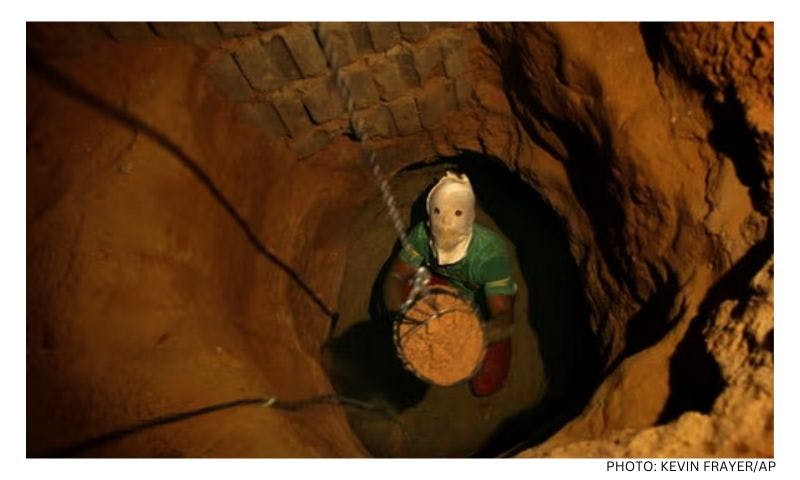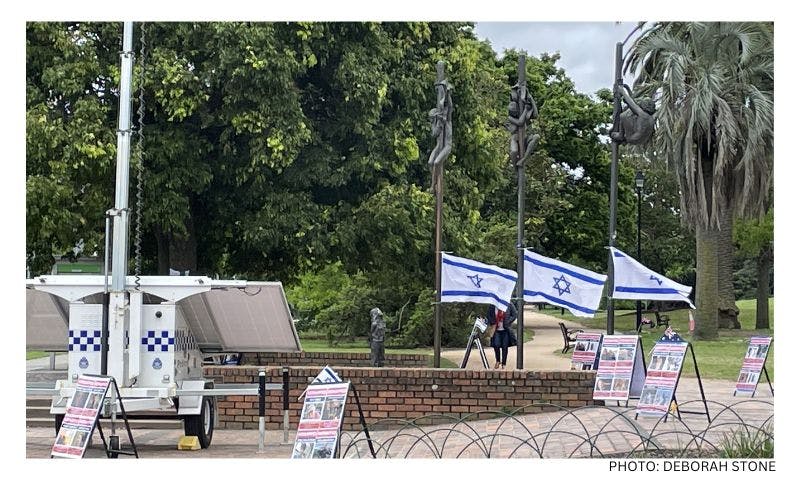Published: 23 July 2018
Last updated: 4 March 2024
I had met Amjad (not his real name) in a dim hotel room in Amman four years earlier. A soft-spoken teacher from a village along the Israeli border with Syria, he was part of a small group of defectors from the Assad regime -- including senior officers – who’d arrived in the Jordanian capital to secretly meet with Israeli humanitarian activists.
It was the summer of 2014, and things were looking hopeful for the Syrian opposition. Amjad and I had stayed in touch, and I’ve used him as a news source for developments inside Syria.
Amjad’s subsequent appeals to me over Whatsapp have fluctuated between two goals: saving his own family’s life through refuge in Israel and securing an honorable surrender for local villagers to the Assad regime under Israeli mediation.
The opposition stronghold of Daraa fell to Syrian and Russian forces on July 13, with reports of atrocities sending hundreds of thousands of residents south toward Jordan and west toward Israel. Amjad had taken in 20 refugee families he found walking along the highway. He was overwhelmed.
Helpless to secure any Israeli government assistance, I’ve tried to make Amjad a citizen journalist. Capturing video footage would be too risky, I knew, so I asked Amjad to record testimonies of fleeing residents on his phone. And the testimonies started streaming in - first of the villagers being arrested by the regime as they returned home; then of massacre at the school of Ein at-Tineh; and finally of the heavy shelling of Nawa, a city situated just 10 kilometres from the Israeli border. I would post them to Facebook along with a short translation to Hebrew.
Over the past seven years, Israelis have watched from the sidelines as millions of Syrian refugees flocked to Tukey, Lebanon and Syria. They’d never sought refuge in the Jewish State. But all that is now starting to change. On July 17, hundreds of villagers marched toward the Israeli border on the Golan Heights waiving white pieces of fabric. They were ordered to turn back by an IDF officer over a loudspeaker, lest they be harmed.
[gallery columns="1" size="large" ids="21447"]
Amjad, meanwhile, was relentlessly trying to convince me that Syrian rebels were Israel’s friends, that the Israeli government had supported these frontier communities with logistic and humanitarian relief and could not forsake them now. Israel has, in fact, treated thousands of injured Syrians in its northern hospitals, providing tonnes of food and medical equipment to opposition factions.
This week he sent me a communique issued by “the Southern Army,” an opposition faction (not to be mistaken with the South Lebanon Army), stating that “we are prepared for battle, but at the same time do not want to deteriorate the situation in this sensitive area”.
“We are prepared to commence negotiations [with the Assad regime], implementing them only through the help of the Israelis and their mediators,” the statement reads. The thinking is that Russian forces negotiating on behalf of Assad cannot be trusted.
“Yesterday a delegation went to negotiate with the Russians,” Amjad wrote to me on July 18. “The regime told them, in no uncertain terms, that all the residents of Quneitra (the province adjacent to Israel) are collaborators and should be executed.”
Meanwhile, a group of 75 journalists have appealed to New York-based humanitarian group Amaliah, run by Israeli-American businessman Moti Kahana, requesting safe passage to a third country through Israel. Israeli officials have expressed conditional approval of the request, subject to the granting of refugee status by the host country.
One of the journalists, who had been feeding me video footage from the war zones of southern Syria, begged me to intercede with Israeli authorities and enable his travel to Turkey. “Regime forces and Iranian militias will arrest us in their security dungeons and torture chambers,” he wrote to me. “They will end up killing us.”
Israel, for its part, has stepped up its humanitarian drive for the makeshift tent camps along the border. But appeals for more significant intervention have been met with little response from official channels.. Druze Member of Knesset Salah Sa’ad (Zionist Union) proposed the establishment of a temporary settlement for Syrian refugees on the border, “until international bodies decide on a permanent solution”. But that idea was flatly rejected by Defence Minister Avigdor Liberman, who said Israel “will not accept any Syrian refugees in its territory.”
On July 19, reports emerged of a ceasefire agreement between the Assad regime and the rebel factions on the Syrian Golan Heights. The agreement, published by the Israeli public broadcaster Kan, guaranteed amnesty to “defecting officers, soldiers and civilians” in return for them handing over their arms.
When I asked Amjad what he thought about the agreement, he replied with scepticism. “Our experience with the regime is that it lies,” he wrote. “In the territories it captured in Aleppo, Damascus and Daraa it arrested all wanted people and stole all their property, and even their furniture. I have no faith in it whatsoever.”
RELATED
Latest Syrian successes pose refugee and political challenge for Israel
Photo: Photo: Internally displaced people from Daraa province sit on a truck loaded with belongings near the Israeli-occupied Golan Heights, Quneitra, Syria on June 30 (Reuters/Alaa Al-Faqir)




